Department of Communication Engineering
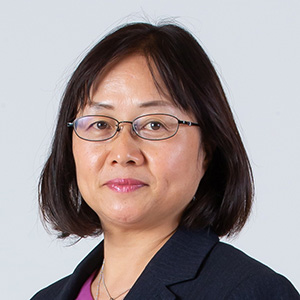
- Professor
- YUAN Qiaowei
- Research :In order to realize a supple society where the electronic devices can be charged anywhere and anytime without using any complex electric code connections, the research of our laboratory focuses on how to develop a high-efficiency wireless power transfer(WPT) system. Lots of practical applications are being proceeded using our previously developed optimal design technique and maximum efficiency evaluation technology for multiple-input and multiple output systems (MIMO-WPT) which are based on electromagnetic numerical simulation technique and the multi-ports circuit theory. Meanwhile, the research on higher efficiency matching circuits and rectifier circuits is also energetically progressing. In the laboratory, you can easily experience to design and evaluate a WPT practical systems such as mini 4WD and drones that can run without batteries.
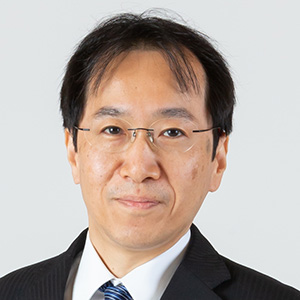
- Professor
- KAWANO Koichi
- Research :My research focuses on developments and applications of information technologies using satellite remote sensing, satellite image processing, computer network, database, and other types of information processing to help people monitor the earth environment.
Principal areas of interest are disaster monitoring of Northeast Asia(forest fire, dust and sandstorm, snow, sea ice, and etc), developing algorithms for category extraction and its visualization, and constructing large scale database of satellite images. There are over eighty thousand NOAA AVHRR images stored after 1981.
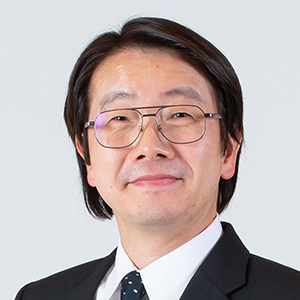
- Professor
- KIDO Hiroshi
- Research :I am engaged in a study of auditory impression of the utterance. The following is a study of expression associated with auditory impression example.
Japanese expressions associated with the voice quality of male adults were extracted by a series of questionnaire surveys and statistical multivariate analysis. By applying a statistical clustering method and a correlation analysis to the results of the questionnaires, eight bipolar expressions and one unipolar expression were obtained. They constituted high-pitched /low-pitched, masculine/feminine, hoarse/clear, calm/excited, powerful/weak, youthful/elderly, thick/thin, tense/lax, and nasal, respectively.
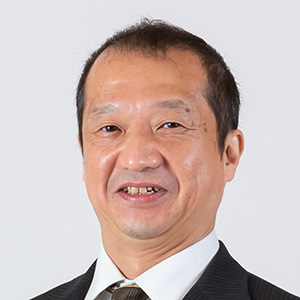
- Professor
- KUDOH Eisuke
- Research : Mobile communication system(i.e. mobile phone, wireless LAN)becomes very familiar. We study on mobile radio communication technology. For example, we visualize radio signals by using the inexpensive H8 microcomputer board. We also perform wireless transmission experiment by using sensor network development kits of Zigbee and a software defined radio system.
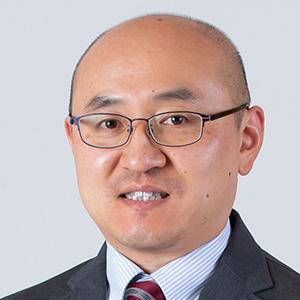
- Professor
- SATO Atsushi
- Research : My research has concentrated on the development of near-infrared solid-state lasers for laser radar remote sensing. The laser radar using a laser transmitter operating in the eye-safe wavelength region around 2 microns provides carbon dioxide profiles and wind velocity profiles with high measurement precision.
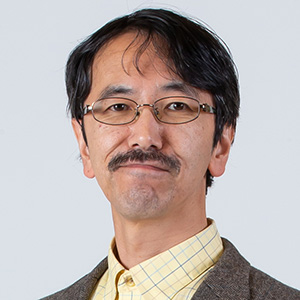
- Professor
- SUZUKI Kenichi
- Research :My major research topics include computer architecture and memory systems.
The most essential components of a modern computer are microprocessor and memory. In order to achieve successive performance improvement of the computer system, both of the processor and memory must be developed continuously. In my laboratory, we are making efforts to obtain the structure of microprocessor and memory that realizes a low-power and high performance computer system.
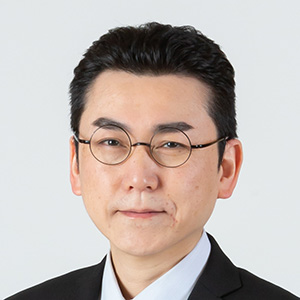
- Professor
- TAMURA Hideki
- Research :For practical applications of the ultrasonic motors and the multi-axial monolithic vibrational gyrosensors, the piezoelectric resonators with degenerated or coupled multiple modes are studied.
In addition, under the large strain for the high-power application, the piezo-resonator produces nonlinear effect and deteriorates its properties; therefore, we have studied the high-power characterization method of the resonator to assist the suitable structural design and material selection.
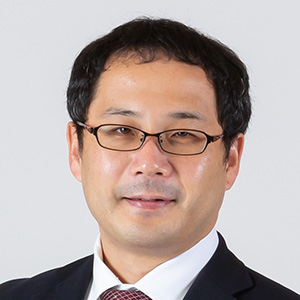
- Professor
- TSUNODA Hiroshi
- Research : Computer networks have been basic information infrastructure of our daily life.The network management is an important but a difficult task because of the complexity of the computer network, and various security incidents like illegal accesses are increasing. In order to solve various security problems, I am engaged in research on network management and security management. Currently, I am working on reliable logging architecture, mutual node monitoring system for sensor networks, and intrusion detection mechanism based on traffic monitoring.
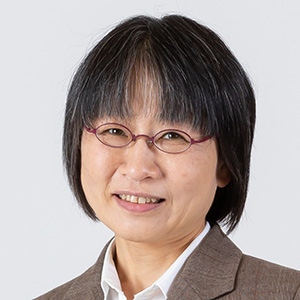
- Professor
- NAKAGAWA Tomoko
- Research : The main area of my research activity is the 3-dimensional structure of the solar wind magnetic field, in particular non-spiral magnetic field including planer magnetic structures, magnetic flux ropes, and radial magnetic fields, and their interaction with planets' magnetospheres.
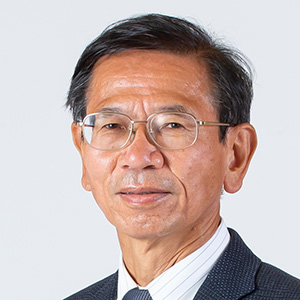
- Professor
- NOGUCHI Kazuhiro
- Research : Dr. Noguchi has been engaged in research of optical interconnection, optical neural networks, and multichannel optical switches using spatial optical systems. Now he studies on reconfigurable optical add-drop multiplexer(R-OADM)using spatial systems.
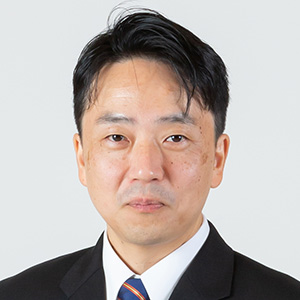
- Professor
- MATSUDA Masahiro
- Research : I research and develop the network system based on database which consists of embedded system, client and Server. There are not only the software developments but also the results of the development of the network hardware. The network microcomputer boards which we work in collaborate with company is sold. We make much of engineering as the practical science and really aim at the useful system development.
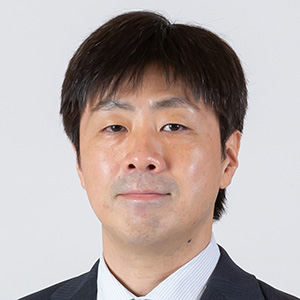
- Professor
- MIURA Naoki
- Research : My research interests focus on cognitive engineering and cognitive neuroscience, particularly in neural underpinnings of human-machine interaction. I am especially interested in cognitive mechanism underlying human error when he/she faces an advanced information system. To explore the cognitive mechanisms, several neuroimaging techniques such as functional MRI or NIRS are applied. And, evaluating usability of human-machine interface based on neuroimaging techniques has also been investigated.
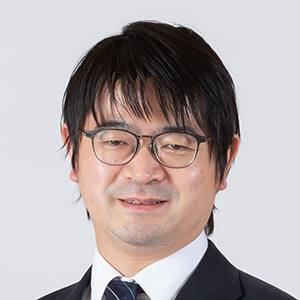
- Associate Professor
- INOUE Masashi
- Research : My research interests include analysis and modeling of human communication in both face-to-face and online interactions. I am currently working on the analysis and modeling methods and development of intelligent interactive systems. Additionally, I have investigated how people use different media, such as video or text, for communication. I aim to apply my findings on cognitive and behavioral processes to professional dialogue and situated communication, such as interactions during events and local activities.
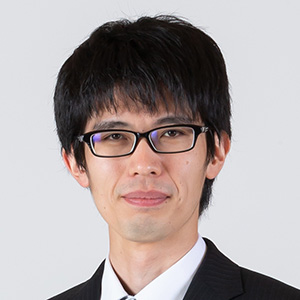
- Lecture
- KITA Hajime
- Research :Radio waves are emitted from natural phenomena such as lightning, solar flares, and planetary auroras.
We can detect them using a radio telescope, a specialized antenna which receives radio waves. Our laboratory is investigating planetary magnetospheres and the interaction between the planets and the sun.
Using a variety of radio observation technology, we are primarily observing the time-spatial variation of Jupiter’s magnetosphere. Additionally, we study exoplanetary systems with the goal of finding common phenomena between planets. We strive to understand planetary science as well as develop radio observation technology.
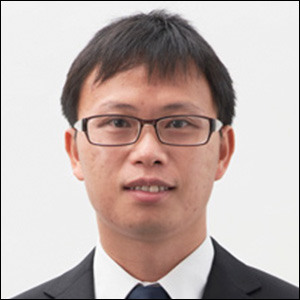
- Lecturer
- NGUYEN Vanduc
- Research : Technology is changing the way we learn, play, and communicate. My research focuses on developing smart communication systems that benefit human being using VR, AI, and advanced communication technologies. Specifically, we are conducing research on AI robots that can communicate and support various daily tasks with people, telepresence systems that make you feel like you are in a certain place instead of the actual place, and virtual space where you can hang out with your friends as if you were in the same room.

